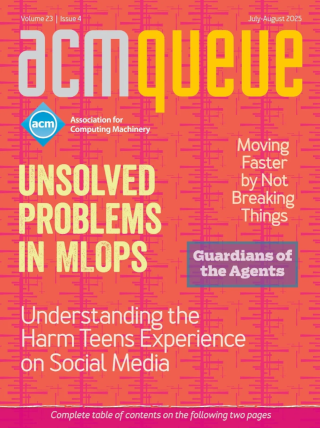
The Case Against Data Lock-in:
Want to keep your users? Just make it easy for them to leave.
Engineers employ many different tactics to focus on the user when writing software: for example, listening to user feedback, fixing bugs, and adding features that their users are clamoring for. Since Web-based services have made it easier for users to move to new applications, it’s becoming even more important to focus on building and retaining user trust. We’ve found that an incredibly effective way to earn and maintain user trust is to make it easy for users to leave your product with their data in tow. This not only prevents lock-in and engenders trust, but also forces your team to innovate and compete on technical merit. We call this data liberation.
Gardening Tips:
A good library is like a garden.
I’ve been maintaining a set of libraries for my company for the past year. The libraries are used to interface to some special hardware that we sell, and all of the code we sell to our end users runs on top of the libraries, which talk, pretty much directly, to our hardware. The one problem I keep having is that the application programmers continually reach around the library to talk directly to the hardware, and this causes bugs in our systems because the library code maintains state about the hardware. If I make the library stateless, then every library call will have to talk to the hardware, which will slow down the library and all of the code that uses it. What do you think is the right way to get people to actually ask for the features they need instead of reaching around the library?
Sir, Please Step Away from the ASR-33!:
To move forward with programming languages we need to break free from the tyranny of ASCII.
One of the naughty details of my Varnish software is that the configuration is written in a domain-specific language that is converted into C source code, compiled into a shared library, and executed at hardware speed. That obviously makes me a programming language syntax designer, and just as obviously I have started to think more about how we express ourselves in these syntaxes.
Keeping Bits Safe: How Hard Can It Be?:
As storage systems grow larger and larger, protecting their data for long-term storage is becoming more and more challenging.
These days, we are all data pack rats. Storage is cheap, so if there’s a chance the data could possibly be useful, we keep it. We know that storage isn’t completely reliable, so we keep backup copies as well. But the more data we keep, and the longer we keep it, the greater the chance that some of it will be unrecoverable when we need it.



